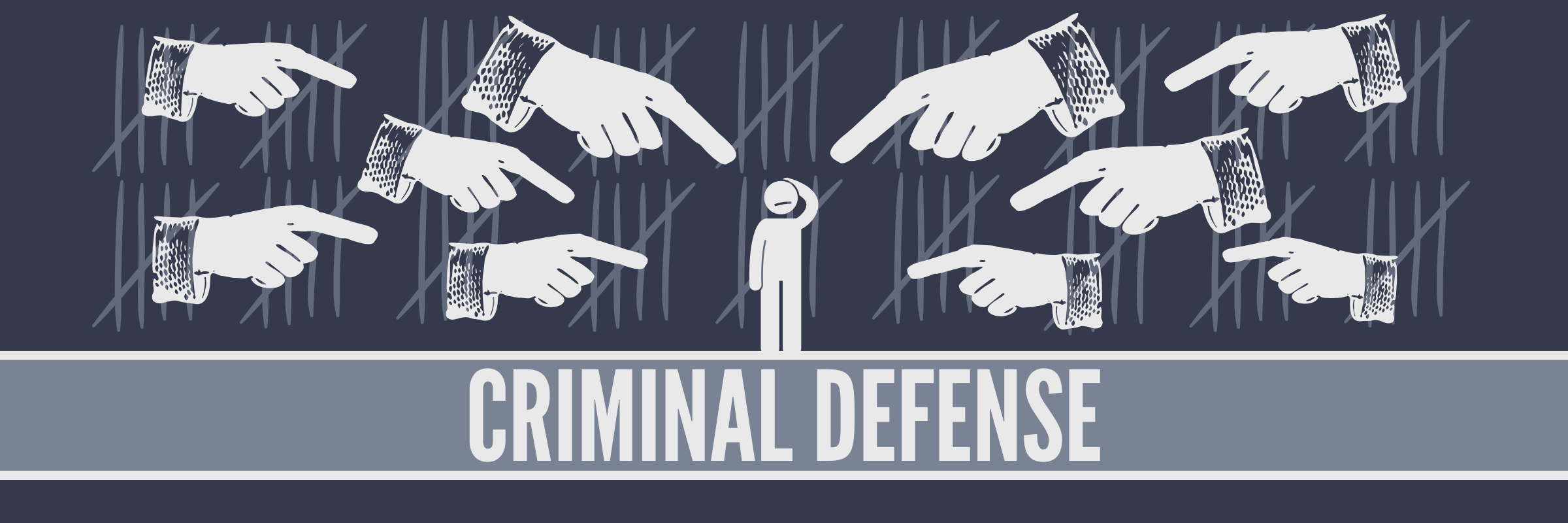Criminal prosecution is among the government’s most powerful tools — and among the most dangerous when abused. Therefore, when the state seeks to take away a person’s liberty in the name of criminal justice, the process itself must be carefully scrutinized and rigorously policed. But when it is the police and prosecutors themselves who reign over that process, it raises a profound question: Who is there to police the police? Who guards us from the guards?
Our constitutional rights — the right to counsel, to remain silent, to confront accusers, and other guarantors of a fair trial — exist to check power and shield us against state-sponsored injustice. Yet, although public officials swear to uphold the Constitution, there are instances where their main priority, above all, is the conviction of the accused. Thus, it falls on defense counsel to enforce these principles and to make sure the government’s narrative is tested, and the humanity of the accused is recognized.
At King’s End, we do not take on every criminal matter. Rather, we focus on cases where the government’s power appears to have been subverted. We represent individuals in criminal cases where there are indications of prosecutorial or police misconduct, including but not limited to:
Overcharging or retaliatory prosecution, including politically motivated cases
Unlawful searches, seizures, or surveillance that violate Fourth Amendment protections
Coerced confessions or unconstitutional interrogation tactics
Witness tampering or misuse of confidential informants
Failure to disclose exculpatory evidence or impeachment material (Brady/Giglio violations)
Evidence fabrication, manipulation, or misrepresentation that distorts the truth or compromises trial fairness
Because beneath the ceremony of a criminal proceeding lies a harsh truth: it is a group of people, acting through the machinery of the state, seeking to place another human being in a cage. And because human judgment is fallible — shaped by bias, ambition, error, or indifference — there is a very real risk of injustice. When that risk becomes a reality, King’s End exists to defend the accused against a system that has mistaken the illusion of justice for the real thing.

